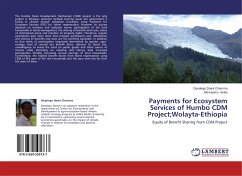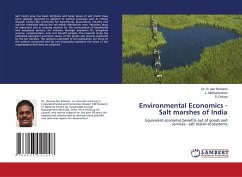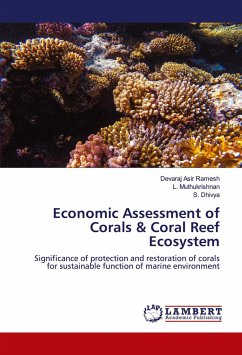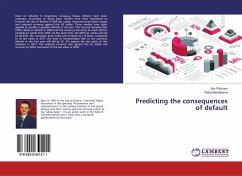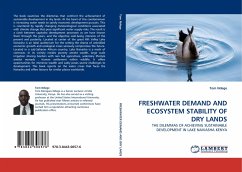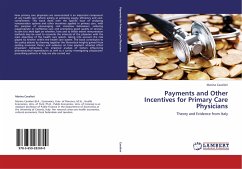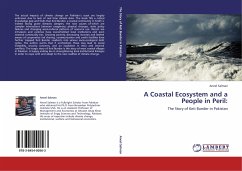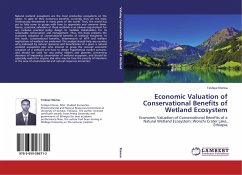The Humbo Clean Development Mechanism (CDM) project is the only project in Ethiopia, amongst multiple burning issues the government is facing in climate change mitigation processes, using Payments for Ecosystem Services (PES) for forest regeneration. However its success depends on inclusion and exclusion norms, participation of the local households in forest management, fair sharing of benefits and costs, status of institutional setup and intuition of property rights. Therefore, regular participants gain more share than irregular participants and, distribution and sharing of benefits and costs are not perfectly equitable. In addition to that levels of participation negatively determined by gender, agro-ecology, level of annual net benefit share, distance to forest site, unwillingness to invest the fund on public goods and other source of income while attending on meeting and literacy level increased participation thereby increasing annual earrings of local households. Furthermore, the highest benefit shares from forest regeneration using CDM of PES goes to the rich households and the poor earn less for their fair share of labor.
Bitte wählen Sie Ihr Anliegen aus.
Rechnungen
Retourenschein anfordern
Bestellstatus
Storno

